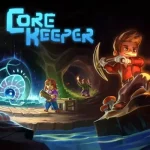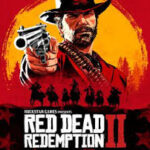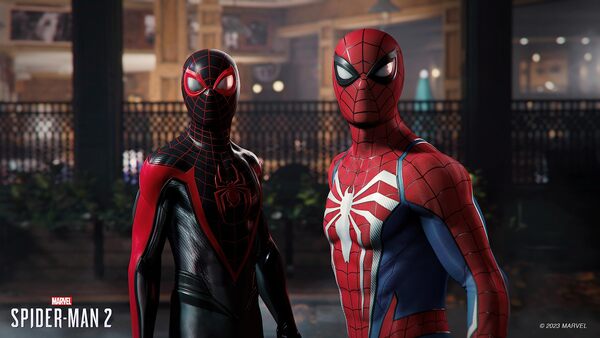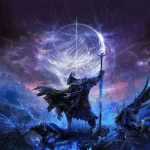Popular Now
Introduction
Red Dead Redemption 2 is widely hailed as one of the greatest video games ever made. It masterfully blends narrative, open-world design, and character depth. But beneath its praise lies one of its most debated mechanics: the Honor System. Designed to reward players for moral behavior and punish for misdeeds, the system is meant to shape Arthur Morgan’s character based on player choices. However, as many players discover by the game’s end, their “honorable” or “dishonorable” behavior may have little to no real impact.
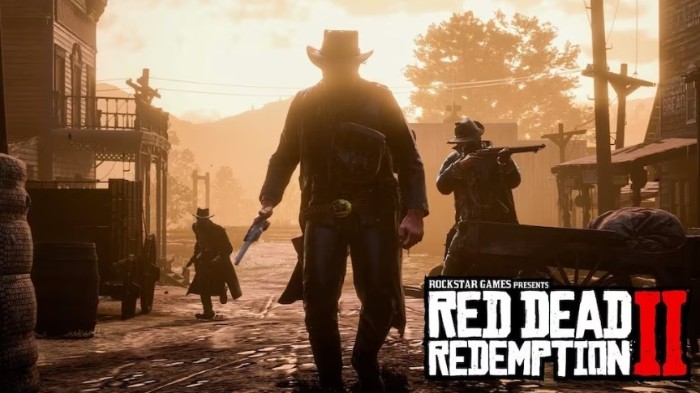
This article explores the illusion of moral choice in Red Dead Redemption 2—how the Honor System promises branching narratives but ultimately funnels players down one emotional path. We’ll examine this issue through ten chronological and mechanical stages of gameplay, from early freedom to late-game betrayal.
-
The Illusion Begins: Early Game Honor Choices
In the snowy prologue, players are taught that they can shape Arthur Morgan into a virtuous gunslinger or a heartless outlaw. You can kill or spare rival gang members, help or rob civilians, and donate to the camp or ignore its needs.
At this point, the system feels dynamic. Each choice alters Arthur’s Honor meter, and random NPCs comment on your behavior. Players feel empowered, as if every decision matters.
False Agency
These early choices seem to set the stage for a truly reactive world.
Immediate Feedback Loop
The game reinforces honor through mechanics: discounts in shops, camp morale, and visual flourishes in cinematic sequences.
-
The Law and the Ledger: Honor in Economic Systems
As players gain freedom in Valentine and beyond, Honor also ties into money. Higher honor means lower prices at stores and better rewards from strangers. But the Honor penalties for theft or murder are easily offset by donations to the camp.
The problem? The economy is extremely forgiving. Players can rob a train, donate $100, and be seen as saints. This mechanical loop gamifies morality rather than making it a meaningful narrative decision.
Gameable Morality
Players quickly learn that honor is a point system, not a reflection of personality.
System Exploits
The honor system becomes a numbers game: steal, then donate; kill, then save; dishonor and repent.
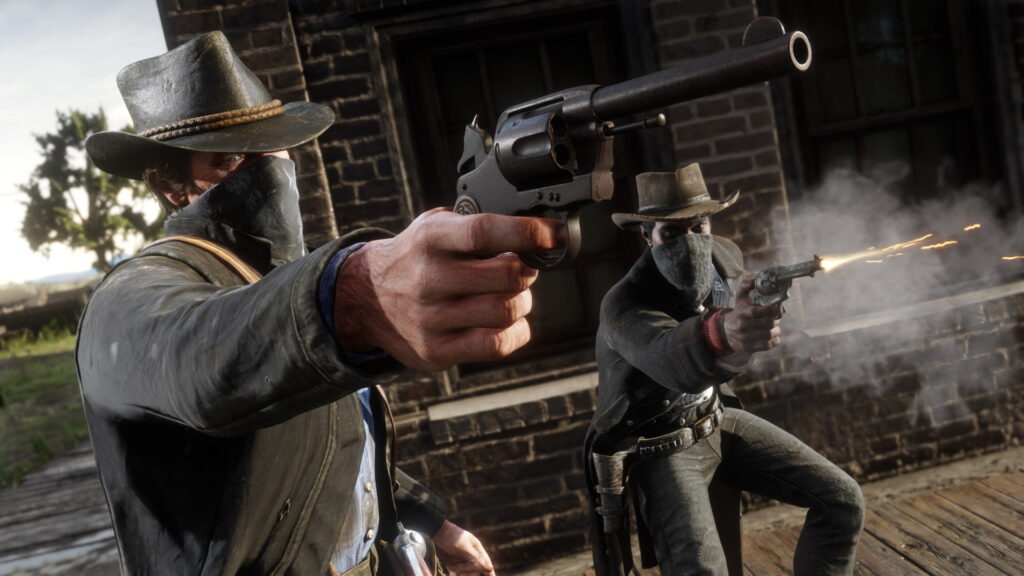
-
Story Missions That Ignore Your Choices
Despite how you act in the open world, story missions force Arthur into actions that may contradict your chosen moral path. Whether you’re a righteous gunslinger or a remorseless killer, Arthur still participates in massacres and robberies.
This disconnect undermines the player’s emotional investment in the Honor System. You may spend hours building a "good" Arthur, only for the game to make him torture someone anyway.
Ludonarrative Dissonance
Your Arthur kills in cold blood on missions, even if you roleplay as a pacifist.
Scripted Immorality
The narrative often imposes dishonorable actions—robbing innocents, murdering rivals—without player control.
Read more latest news about game
-
Strangers and Side Missions: A Place Where Honor Matters
Side missions provide brief moments where honor feels authentic. Helping a snakebite victim or rescuing a kidnapped woman visibly impacts Arthur's reputation and earns lasting gratitude.
These are rare moments of emergent morality, where player agency shapes the world. But their impact is often cosmetic. Side characters remember Arthur for a time, but their praise or anger never alters the story’s trajectory.
Isolated Reactions
Side NPCs are reactive, but their memories are short-lived and inconsequential.
Window Dressing
Honor in side missions adds color but lacks substance in the broader narrative.
-
The Midgame Moral Plateau: When Nothing Changes
By Chapter 4, most players realize their honor rating has little effect on story progression. Arthur’s dialogue shifts subtly, and cutscenes may reflect a more weary or kind tone, but the game remains rigidly linear.
No matter how you’ve played, major events unfold the same way: Lenny dies, Dutch descends into madness, and Micah rises. The world does not adapt to your behavior—it tolerates it.
Stagnant Narrative
Honor does not affect which missions unlock, nor does it change the structure of the game.
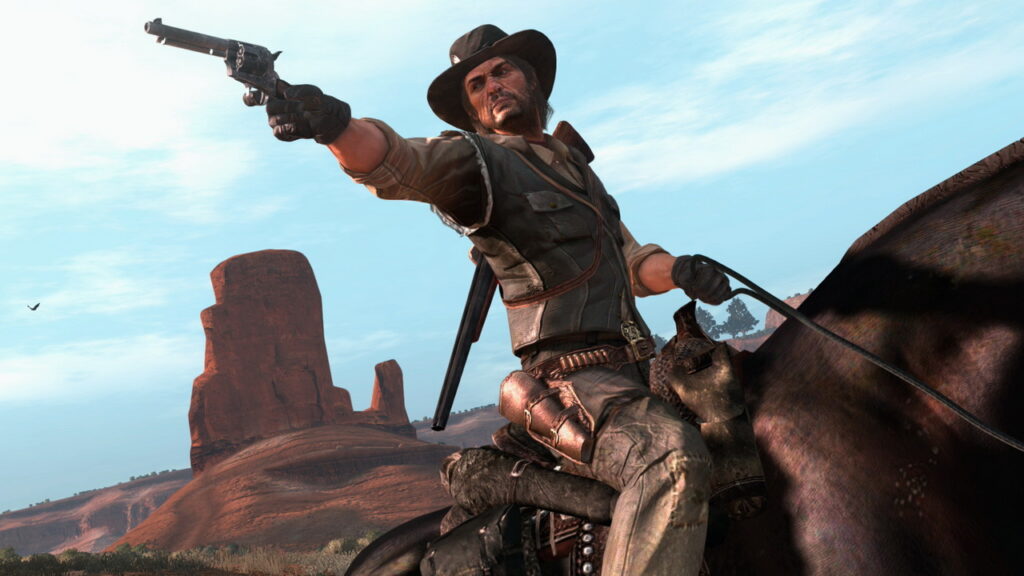
Narrative Inevitability
The tragedy of Arthur Morgan is scripted—your moral compass is irrelevant.
-
Arthur’s Disease: Forced Redemption, Forced Direction
When Arthur contracts tuberculosis, the game begins funneling players toward redemption. Even the most cold-blooded players suddenly hear him muse about legacy, kindness, and justice.
This feels like a betrayal for those who embraced villainy. The disease becomes a narrative reset button, pushing players toward a redemptive arc regardless of their actions.
Moral Railroading
Arthur begins to reflect on his life as if he’s always wanted to be better—even if you never made him that way.
Illusion Shattered
The moment Arthur gets sick, the game removes your autonomy. You are now on Rockstar’s track, not your own.
Review and download more Game ( click here )
-
Ending Divergence: A Cosmetic Fork
There are multiple endings, technically. If your Honor is high, Arthur dies peacefully watching the sunrise. If it’s low, Micah stabs him and leaves him to rot.
These outcomes are emotionally different, but structurally identical. The story ends. John takes over. The world moves on.
Binary Judgment
Two cutscenes define your entire playthrough’s moral legacy. That's it.
Lack of Consequence
You can kill hundreds, then donate to the camp and die as a hero. Honor becomes currency, not character.
-
Epilogue Inertia: John's Honor is Even Less Important
During the epilogue, you play as John Marston. Rockstar once again introduces Honor, but it barely matters. You’re forced to build a ranch, get married, and kill Micah—regardless of how you act.
Many players report feeling numb by this point. The honor meter remains, but no one reacts. It’s symbolic, not systemic.
Narrative Pretense
The system is retained, not because it works, but because it's expected.
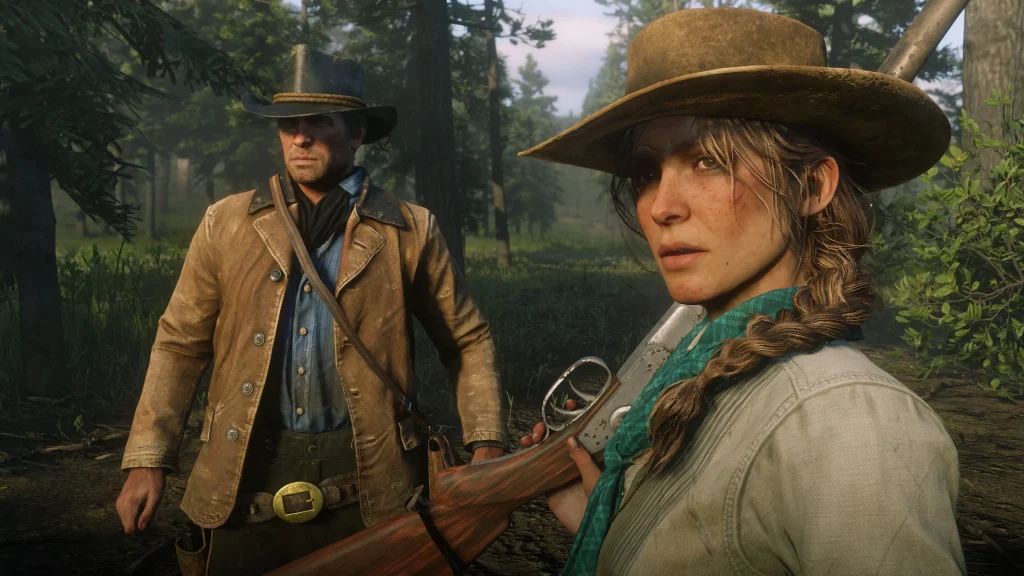
False Continuity
John’s behavior doesn’t affect the outcome, which defeats the purpose of tracking honor at all.
-
Community Response and Modding
Reddit, forums, and YouTube are filled with critiques of the Honor System. Some players have created mods that disable the system, randomize reactions, or even allow new branching dialogue.
This speaks to a core frustration: players wanted a reactive world, and they got a moral scoreboard. Mods now attempt to repair or deepen what Rockstar failed to deliver.
Community Agency
Players take control where the devs did not—crafting moral freedom retroactively.
Mod-Based Redemption
From “True Honor Mod” to “Moral Consequences Pack,” the fanbase works to restore consequence to choice.
Play online Game H5 ( click here )
-
What Could Have Been: A Better Honor System
To fix the Honor System, Rockstar could’ve designed branching missions, faction-based reputation, or narrative outcomes that truly diverged. Arthur could've left the gang. Or stayed. Or replaced Dutch. But the system locks you into one arc.
The solution lies in meaningful consequences—not moral points, but moral paths. The Witcher 3 does this better. Even Mass Effect’s Paragon/Renegade model offers deeper choice integration.
Suggested Fixes
-
Tie mission availability to honor
-
Make character fates conditional
-
Reflect honor in the gang’s loyalty
Missed Opportunities
Red Dead Redemption 2 had the potential to be a true morality sandbox—but settled for a narrative showcase instead.
Conclusion
Red Dead Redemption 2 promised a sandbox of honor, consequence, and self-determined morality. What it delivered instead was a cinematic story with minor variations in tone. Rockstar’s world is beautiful, its writing powerful, and its protagonist unforgettable—but its Honor System is hollow. Players are led to believe their choices matter, only to be placed on rails by midgame. In a story about agency, redemption, and legacy, the one thing Red Dead Redemption 2 doesn’t give you is the ability to truly shape your own.


